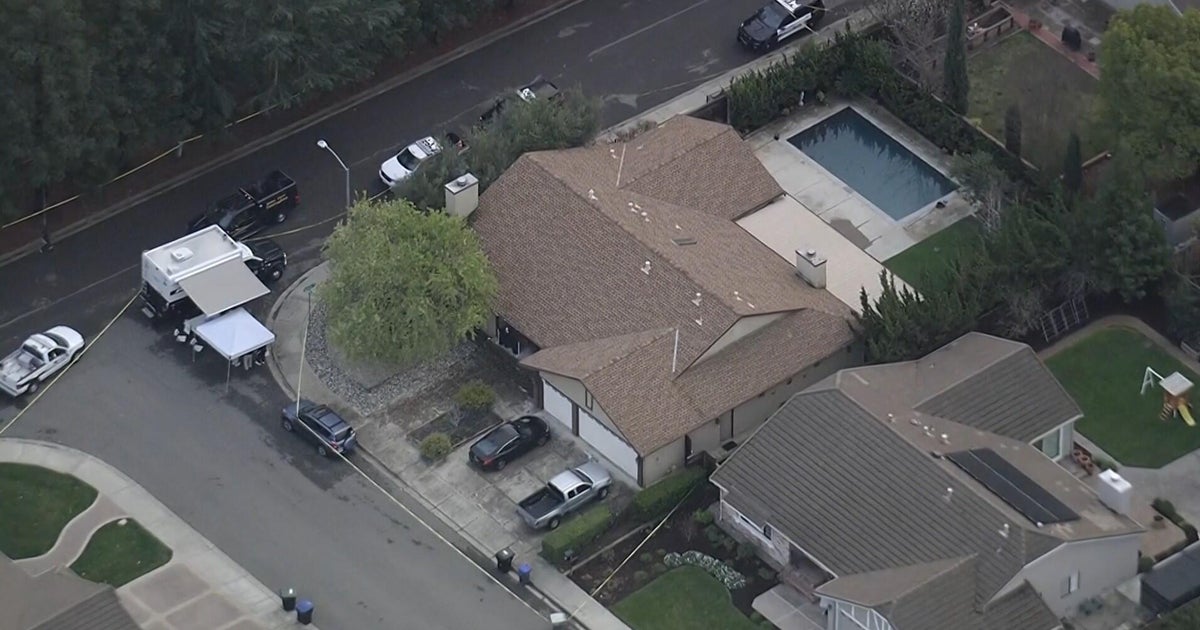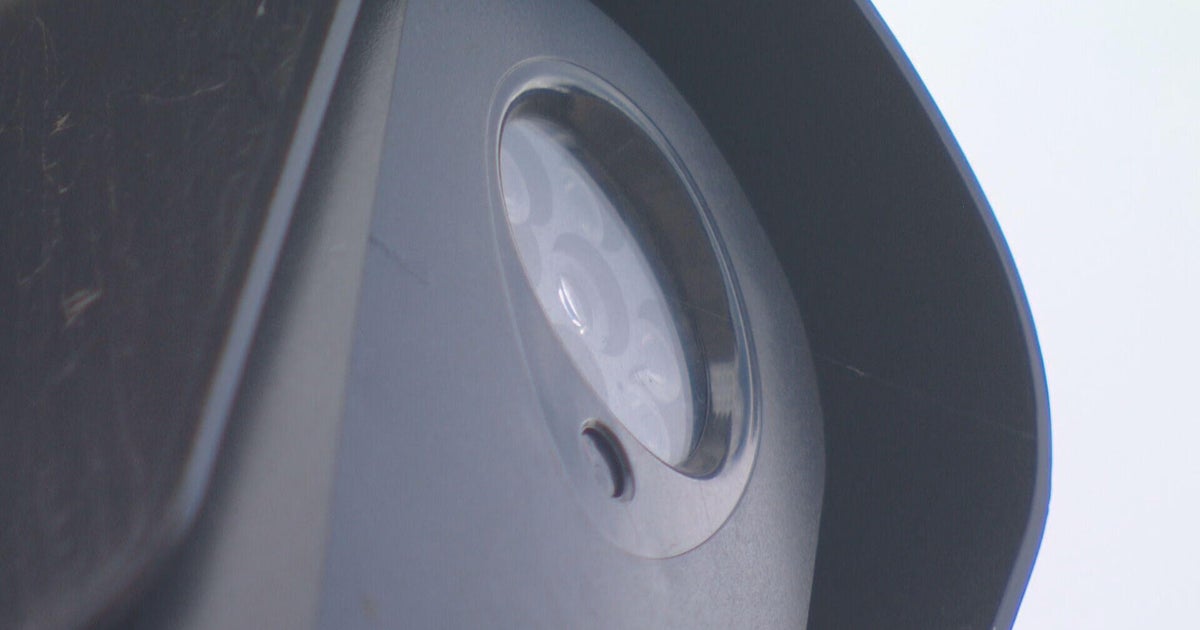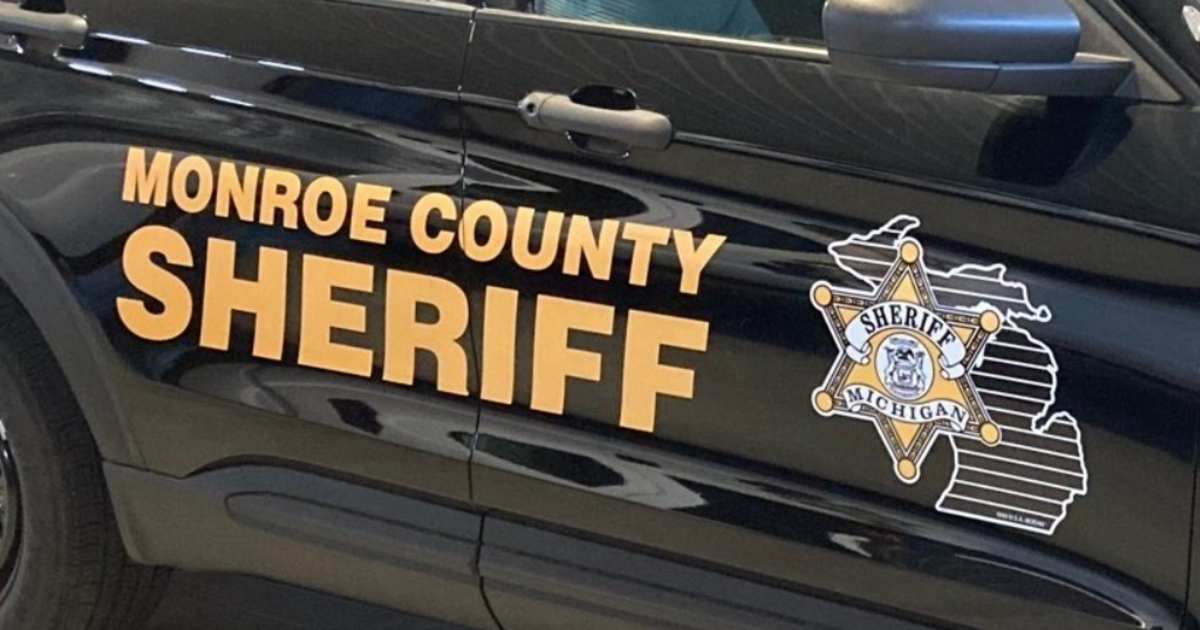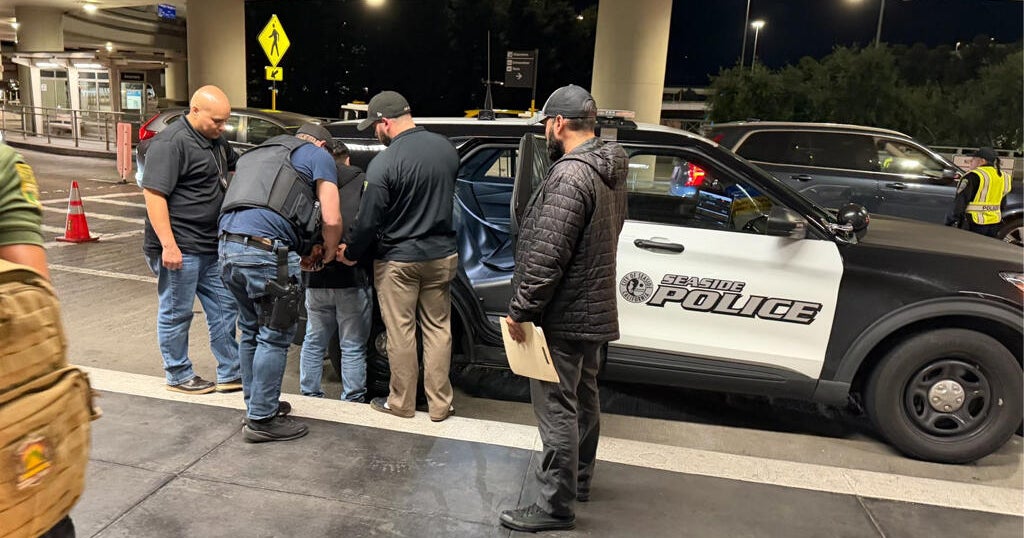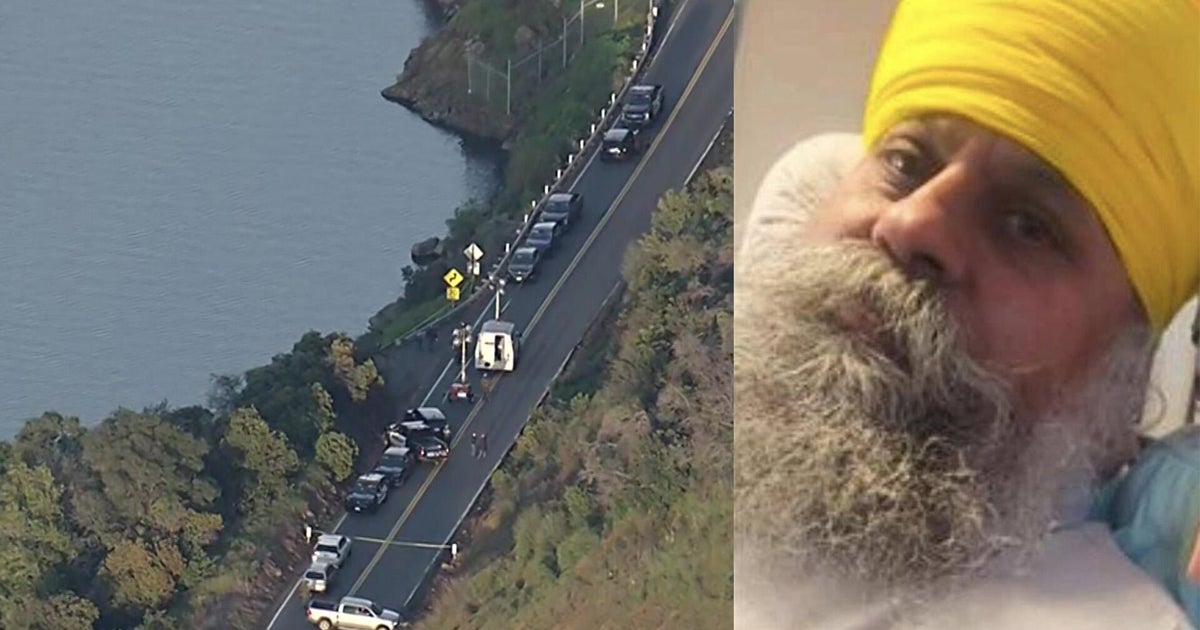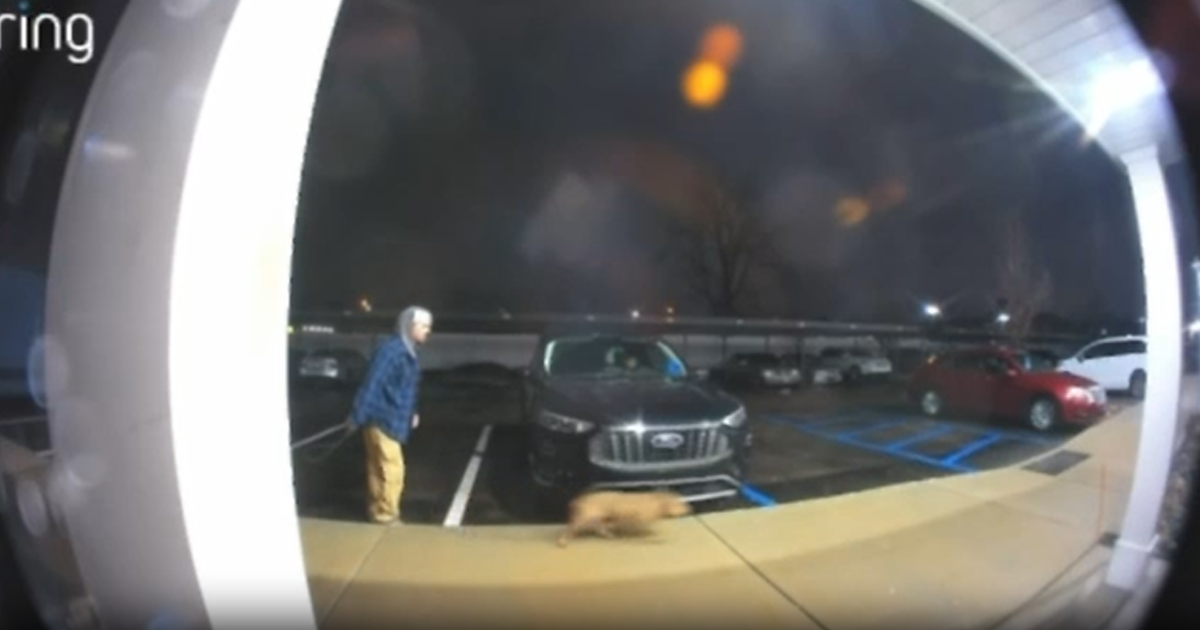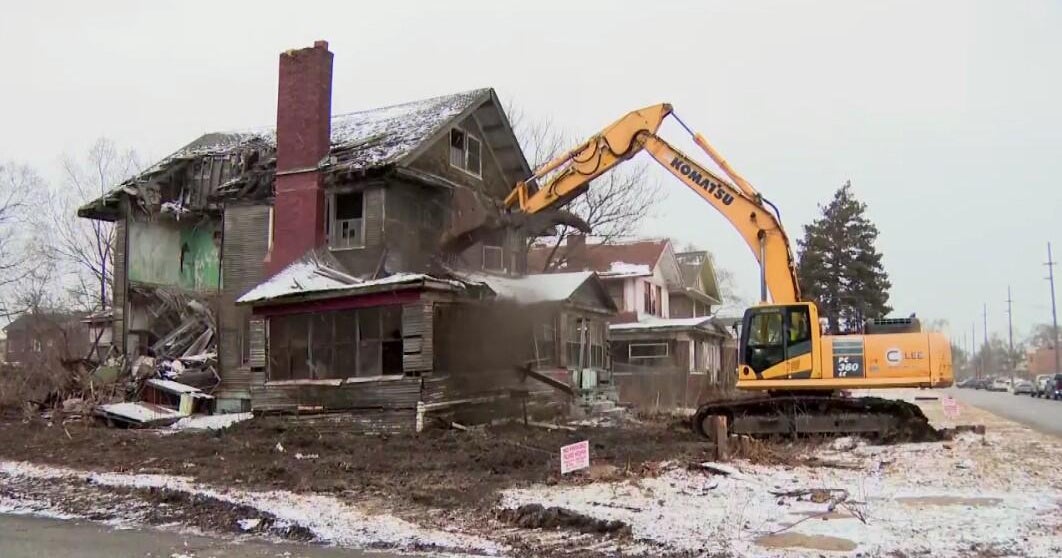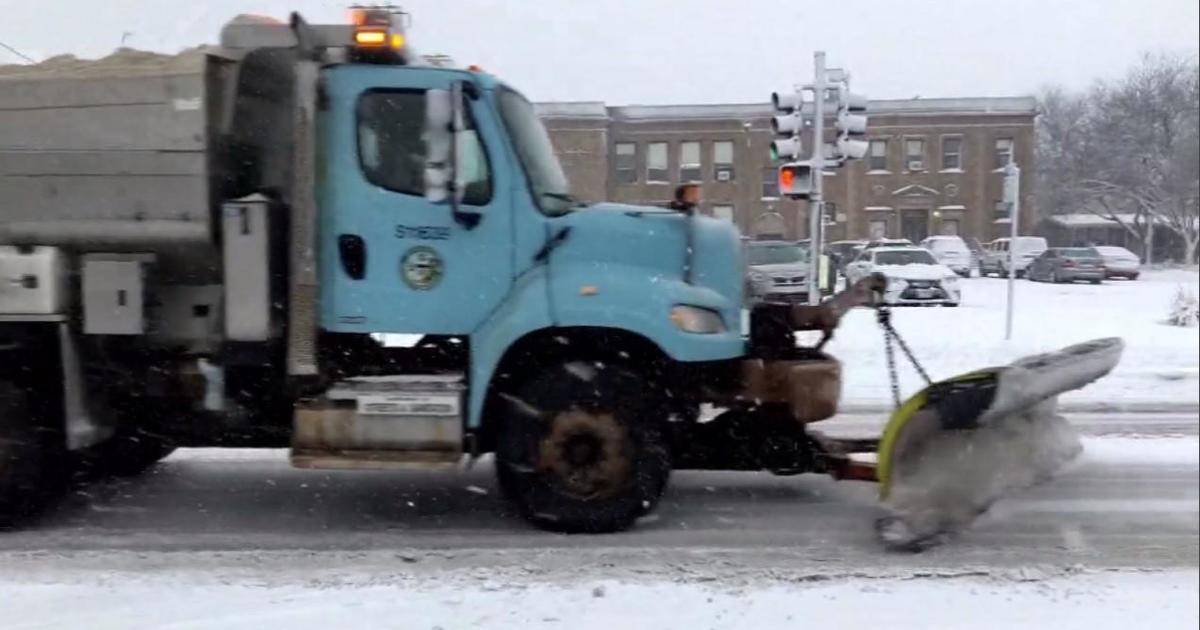San Francisco has first 100 automated license plate readers installed
San Francisco installed the first 100 cameras equipped with automated license plate readers as part of a plan to put 400 of the devices in the city.
The other 300 automated license plate readers, called ALPRs, are expected to be installed by the end of July.
Mayor London Breed credited the devices with arrests in at least four instances since they became operational, but also touted declining crime numbers that were trending downward even before the cameras' installation beginning in late March, according to a statement from the mayor's office Wednesday.
The San Francisco cameras are being installed and maintained by contractor Flock Safety. The project is funded by a $17.3 million grant from the state's Organized Retail Theft Grant Program, which is a competitive grant program established in 2022.
Civil rights advocates including the ACLU of Northern California have opposed the use of license plate readers because of concerns about privacy and tracking peoples' movements through the network of fixed cameras.
"San Franciscans should be wary of what this new dragnet surveillance regime is costing them," said ACLU technology and civil liberties director Nicole Ozer.
"Surveillance is not public safety — giving the government the power to collect and retain a map of every person's driving pattern can lead to serious abuse and violations of our rights. And with civil rights increasingly under attack in communities across the country, San Francisco must ensure that our lawmakers carefully consider the consequences of surveillance," Ozer said.
Breed said the license plate readers had helped the San Francisco Police Department make arrests in cases involving organized retail theft, carjacking, robbery, and sexual assault.
Breed said the network of license plate readers was just one of the tools being used to address crime in the city. She cited Proposition E, passed by city voters in March, which authorized the Police Department to use drones in pursuits and install and access public safety cameras in the city.
"This shows the impact that technology can have in assisting our officers in doing their work and is sending an important message to those who think they can come to our city and commit crimes," she said.
The carjacking arrest cited by the mayor occurred on May 3, when a vehicle that was allegedly involved in a carjacking on the campus of San Francisco State University was picked up by a license plate reader. Three people were arrested after officers deployed spike strips, according to the mayor's office.
The retail theft arrest took place on May 13 in the Mission District, when a woman who was wanted on a no-bail warrant for alleged retail theft was spotted by the license plate readers and arrested, along with another person.
In a separate arrest that day, the license plate readers pinged a vehicle that was wanted in a robbery entering the city from Oakland. The vehicle was found in the Bayview District and the driver was taken into custody.
Last Saturday, San Francisco police arrested a person wanted in San Jose for alleged sexual assault. Their vehicle was detected by cameras in the Sunset District and the suspect was arrested near Golden Gate Park.
San Francisco Police Chief Bill Scott said the cameras have been very helpful to the department.
"Looking forward, we will be integrating our ALPR network with our other technologies, including technologies voters approved in March under Proposition E, like drones and public safety cameras," Scott said.
Crime was on the downward trend even as the cameras are being installed and ahead of the rollout of Proposition E tools, according to the mayor's office.
In 2024, through May, compared to 2023, Breed said overall violent crime was down 13%, including a 38% reduction in homicides. She also cited a 33% decline in property crime and 51% decline in car break-ins.
A budget proposed by Breed that includes $3.7 million to implement the new technology authorized by Proposition E must be finalized by Aug. 1.
